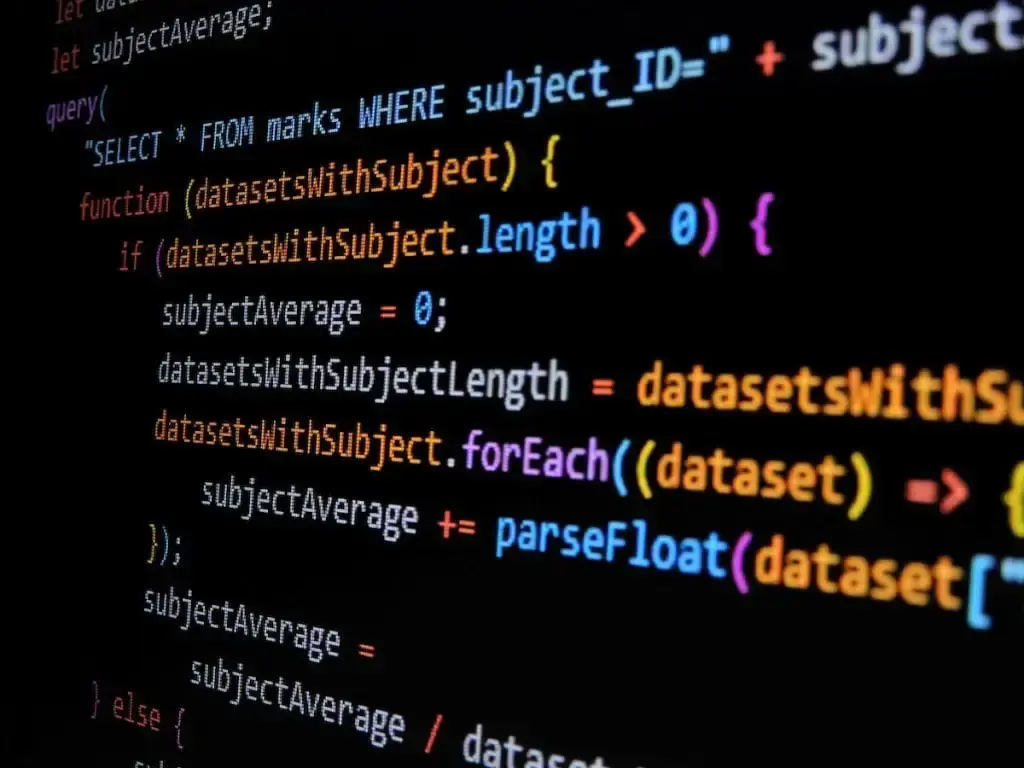I think we have to consider that the principles of the free software movement, revolutionary though they genuinely were, were also set in the same mindset that latterly saw its founder Richard Stallman spectacularly fall from grace. They are principles that deal in software development and licensing in strict isolation, outside of the social context of their use. They are code-centered, not human-centered.
(…)
It’s worth considering whose freedom we value. Do we value the freedom of the people who use software, or do we also value the freedom of the people the software is used on? While the latter group doesn’t always exist, when they do, how we consider them says a lot about us and our priorities.



He did. Back then you forget you had all closed systems. I spent something like $10K on my first Mac, all the hardware and software and that was 1988 dollars. Now we have open systems, open browsers, lot of open protocols. I have not used much for closed stuff since 2000. Also software and hardware costs have plumetted. FOSS won.
It does not mean that there are not other challenges. Hardware has never been really open. Products have never been really open. The public or business for the most part has not chosen open. The service and server nature of most produces these days is another issues. Another is that tracking and advertising is the business model of most of it. AI is another challenge. Patents and other monopoly supporting laws are still acting too.
The article is frankly a bunch of FUD.